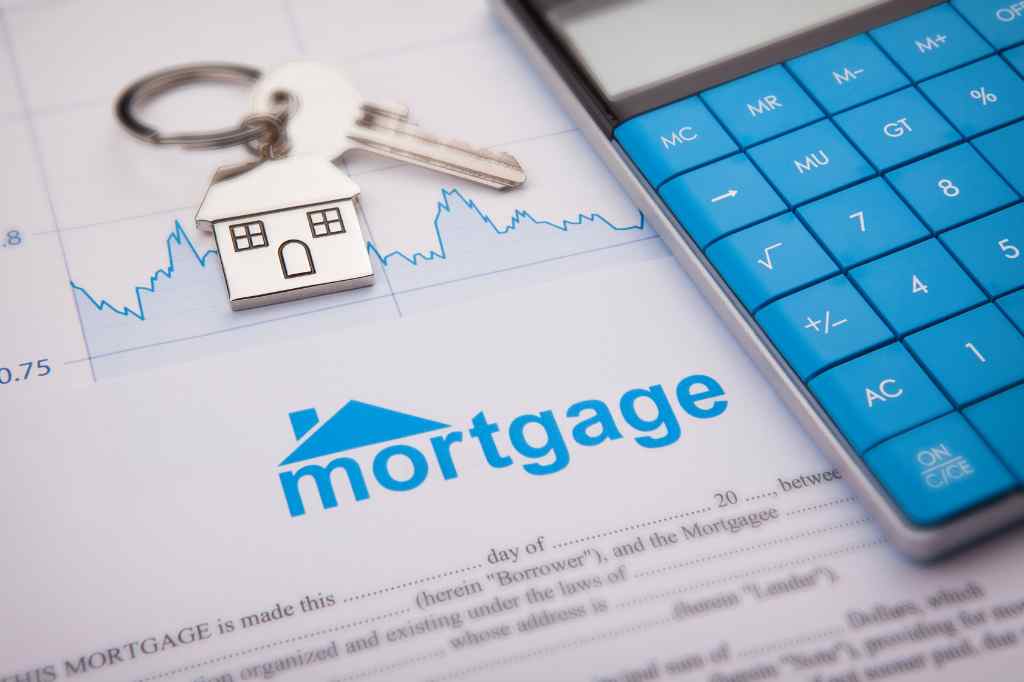In general, loans fit into either the “secured” or “unsecured” category. But what exactly is secured vs. unsecured debt? And is a mortgage secured or unsecured debt?
It’s a good idea to understand the differences between these two types of debt because it can have a major impact on the loans you choose and how you fulfill your financial obligations as a borrower.
Secured Vs. Unsecured Debt
Secured debt is backed by collateral, or assets that you have in your possession. Mortgages, home equity lines of credit, home equity loans and auto loans are four examples of secured loans. Put simply, your lender will ask you what type of collateral you’ll “offer up” to back the loan. It’s a great incentive to encourage you to make your payments.
Unsecured debt, on the other hand, is not backed by collateral. Examples of unsecured debt include personal loans, credit cards and student loans.
Collateral
As a borrower, collateral is an asset or property that you offer to your lender as security for a loan. A lender has a lien on this asset, which means they have the legal right to seize and sell your collateral to pay back the loan if you do not fulfill your obligations as a borrower (i.e., if you do not make your monthly payments). The lien stays in full force until you fully repay your loan.
Risk Level
A lender considers an unsecured loan riskier than a secured loan because they can only rely on a check of your credit score and the fact that you’ve agreed to repay your loan. As a result, to qualify for an unsecured loan, you often must have a higher credit score and often must accept a higher interest rate to qualify.
Your credit score is a three-digit number that proves how consistently you’ve paid back debt in the past and how well you currently handle debt. Credit scores range from 300 – 850. The higher your score, the more likely it is that a lender will want to work with you.
Your interest rate is the rate charged to you as a percentage of the principal, or original amount, of your loan.
Requirements
Unsecured loans typically have more stringent requirements for borrowers because of the risk to the lender. This means it’s usually harder to qualify for an unsecured loan, but that also does depend on individual borrowers’ qualifications. However, it’s worth noting that if you’re trying to rebuild your credit or have a lower credit score than you’d like, you may have an easier time getting a secured loan.
Is A Home Loan Secured Or Unsecured Debt?
Is a mortgage secured or unsecured debt?
Mortgages are “secured loans” because the house is used as collateral, meaning if you’re unable to repay the loan, the home may go into foreclosure by the lender. In contrast, an unsecured loan isn’t protected by collateral and is therefore higher risk to the lender.
In the same vein, second mortgages are considered secured debt, which means that they have collateral behind them (your home).
What About Home Equity Loans And Home Refinances?
A home equity loan is a type of loan that enables you to tap into the equity of your home to borrow money. They are often called second mortgages because you have two loan payments to make – your original payment and your second mortgage payment on top of that.
A home refinance means you get a new home loan with different terms. For example, you might swap out your 30-year mortgage for a 15-year one. You might also decide to go for a lower interest rate.
We mentioned earlier that home equity loans, and home refinances are considered secured loans. They are both secured loans because in both instances, you put your home up for collateral.
Are Interest Rates Lower On Secured Or Unsecured Debt?
Interest rates are generally lower on secured loans because the lender inherently assumes less risk for a secured loan.
What Happens When You Can’t Pay Off A Loan?
If you can’t pay off your home loan, what actions will your lender take?
Secured Loan
If you have too many delinquent payments with a secured loan, your lender will file a notice of default on your property.
A homeowner can take advantage of time to work out a payment plan with the lender before they get to the foreclosure stage. However, after too many missed payments, the bank will become the owner and will try to sell the property for an amount necessary to pay off the outstanding loan amount as well as costs associated with the foreclosure and sale of the property.
Unsecured Loan
Since unsecured loans don’t require collateral, the lender has to take an alternative recourse. They have the right to report your delinquent payments to the credit reporting agencies, file a lawsuit against you or send your account to collections.
If you think you can’t make payments for a secured loan, it’s a good idea to talk to your lender before you think you’ll run into trouble.

